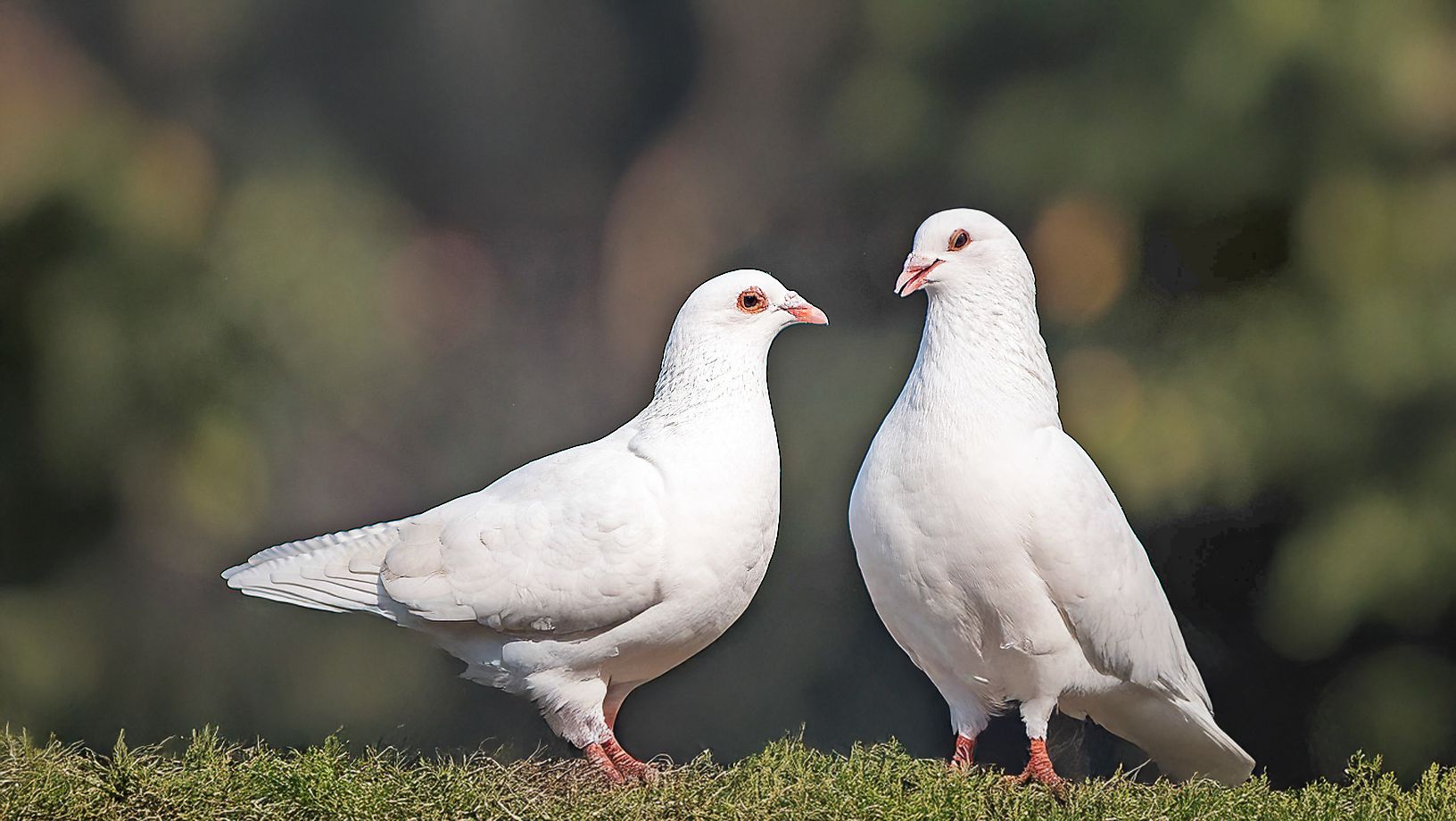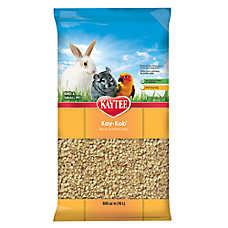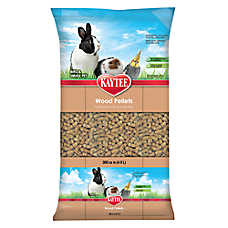A Set-up Guide for New Dove Pet Parents

In this Article
5 things to know about your dove
- Doves can live up to 15 years or longer
- They can grow up to 8 inches (20 cm) long
- The smartest doves include the Diamond Dove and Ring-Neck Dove
- Doves live on every continent except for Antarctica
- Doves drink water by drawing it into their beaks as though through a straw
How do I set up my dove’s home?
- Doves are quite social and do well in pairs or even flocks. Keep doves in an enclosure large enough for them to stretch their wings, climb and play. The cage should be at least 18 x 22 x 18 inches (46 x 56 x 46 cm). The bigger the enclosure the better, especially if it will house multiple doves.
- Provide at least 2 perches of different thickness and materials; these variations help keep birds' feet strong and healthy. The perches should also be placed at different heights.
- Don’t put perches over food or water because droppings will make a mess where the doves eat and drink.
- Birds are sensitive to smoke, gases, strong smells and drafts. Keep the enclosure away from the kitchen and open windows. Don’t place the enclosure in direct sunlight and be sure to cover it at bedtime.
- A paper liner is strongly recommended for birds and should be replaced every day to every other day depending on the amount of mess your bird leaves daily. If bird safe bedding is used, remove droppings frequently, and replace it entirely at least once a week.
What do I feed my dove?
Doves enjoy a range of foods, including pellets, seeds, vegetables, fruit and the occasional treat.
- Doves should be offered 15-25% pelleted-based diet and 50-60% bird seed. Keep your dove’s food bowl three-quarters full of the mixture and refresh it daily.
- Feed your dove dark, leafy greens and vegetables every other day.
- Once a week, feed your dove fruit such as berries, melon and kiwi.
- Give your dove a honey stick or millet spray once a month for a special treat.
- Your dove should have access to fresh, clean water at all times.
How do I play with and groom my dove?
- They sometimes enjoy hay balls — toys you can fill with Timothy hay — for fun and foraging.
- Offer a warm bowl of water for your birds to bathe in 2 to 3 times a week. Or if they prefer, gently mist them with warm, clean water from a spray bottle.
How do I keep my dove healthy?
Try not to handle doves for 3 or 4 days after bringing them home, to give them time to adjust.
Even a settled-in bird can feel sick. Aside from yearly checkups, talk to an avian veterinarian if you have questions about your bird’s health, especially if you notice any of these signs of illness or distress:
- Decreased appetite or weight loss
- Decreased activity or grooming
- Feathers fluffed up for a long time
- Long periods sitting and acting sleepy at the bottom of the enclosure
- Sneezing
- Discharge from nose or mouth
- Change in droppings for more than 2 days
PET SAFETY TIPS
- Use caution when handling pets and remember they may bite or scratch (especially when stressed).
- Supervise children around pets.
- ALL ANIMALS can potentially carry viral, bacterial, fungal, and parasitic diseases contagious to humans.
- Thoroughly wash your hands with warm, soapy water before and after contact with any pet or its habitat.
- Adults should assist children with hand washing after contact with a pet, its habitat or aquarium water.
VET ASSURED™
Pets purchased at PetSmart are part of our exclusive Vet Assured™ program, designed by PetSmart veterinarians to help improve the health and well-being of our pets.
Our vendors meet a high standard in caring for pets and screening them for common illnesses. This program also includes specific standards for in-store pet care.
PETSMART PROMISE
If your pet becomes ill during the initial 14-day period, or if you’re not satisfied for any reason, PetSmart will gladly replace the pet or refund the purchase price.

